In this interview we had the chance to speak with Dr. Edgar Oviedo on how to approach intestinal health in poultry from a holistic view!

Intestinal health is essential to maintain efficient and sustainable functioning of the gastrointestinal(GI) tract within its physiological parameters. Preserving the digestive, absorptive, metabolic, immunological and endocrinological functions of the GI tract. Therefore, any alteration regarding intestinal health can seriously affect one or several systemic functions. Hampering overall animal health and negatively impacting productive yields.
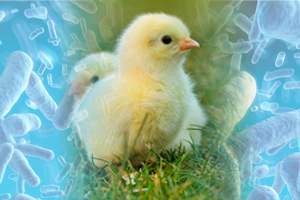
This topic has gained great interest in poultry production within the past two decades due to increasing demands related to: economic efficiency, animal welfare levels, food safety, and the reduction of environmental impacts associated with animal production. There is no doubt that healthy avian guts are essential for the development of sustainable and efficient poultry production systems.
Nutrinews International had the opportunity to speak with Dr. Edgar Oviedo about intestinal health in poultry and how to approach it from a holistic view. Dr Oviedo is a professor at the Prestage Department of Poultry Science at North Carolina State University, as well as being one of the technical directors of NutriNews International magazine. He is a poultry consultant in various countries and has published more than 100 scientific articles and several book chapters.
NutriNews International: Dr. Oviedo, welcome, and it is a pleasure to have you with us!
Dr. Edgar Oviedo: It is very nice to participate in these webinars and I hope we have a great start to this new series.
Nutrinews International: Gut health or intestinal health has become a general term in animal production and, more specifically, in poultry production. Could you elaborate on what you think is the best
definition for this significant yet broad term?
Dr. Edgar Oviedo: I think the best way to define intestinal health is when the animal host, in this case the bird is able to obtain all the nutrients it requires at the minimum metabolic cost. While at the same time, the intestine can fulfill all of its immunological and endocrinological functions and host bacteria that can coexist with the host. Maintaining those bacterial populations that are considered to be negative in very low levels. Under this definition, what we want is an intestine that is very efficient in nutrient digestion and absorption, without the need of extra nutrients to feed the normal natural microflora. With these nutrients that are balanced you can create a very diverse microbiome which will normally keep pathobionts or those populations that have a pathogenic capacity in low concentrations.
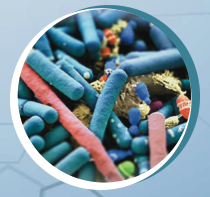
Nutrinews International: That’s great. Antibiotic free production has become a growing trend due to global bans on antibiotic growth promoters (AGPs) as well as due to consumer demands. This situation has modified the way producers and the industry approach poultry farming. Creating a need to find new tools and strategies that help maintain productive yields at a reasonable cost. Do you think this has drawn a greater interest towards intestinal health and has this helped to drive research within related fields?
Dr. Edgar Oviedo: Yes, definitely the current changes in the ways we manage intestinal health in animals, and also in humans has been the main stimulus for a whole new science which focuses on molecular microbiology. Including all the aspects that allow to study the interactions between the intestines and the whole body. Therefore, nowadays we know more about the microbiome which in the past we called microflora. Which 100 years ago or even more, close to 300 years ago were only studied at the level of culture. With the molecular methods we have advanced more in 30 years, than what we had advanced in the past 100 years. Now we know about the importance of diversity in the microbiome, including all the different bacterial populations, and other microorganisms that make up this microbial community which is much more diverse than what we could have imagined. We also now know that the intestine plays a role in many physiological aspects that we had not considered before, like behavior, and even in the immunological responses. Therefore, we now know that this interaction between bacteria and the host is fundamental for any kind of immune response or activity that contributes to maintaining overall health. So, we know that mucosas play this very important role for health.

Nutrinews International: When intestinal health is discussed a common mistake is focusing only on controlling intestinal disease like coccidia or specific enterobacteria. This misunderstanding may stem from the fact that these pathogens tend to be found in health issues associated with intestinal health or in antibiotic free programs. However as you have stated before these pathogens are usually the consequence and not the cause of gut health issues., As you point out the actual problem tends to be associated with the presence of excess nutrients in the hindgut. Taking this into account could you tell us a little more about the importance of enhancing nutrient digestibility to preserve normal physiological functions, and what nutritional strategies or other tools are there available to achieve this in modern poultry farming?
Dr. Oviedo: Well the main intestinal function that has always been recognized is that of digestion, and the microbes including bacteria, fungi and even viruses that make up the intestinal microbiome depend on the amount and type of nutrients within the intestine for their development. If we are able to reduce nutrient concentrations in the hindgut like it should naturally happen, many of these will maintain their numbers and we can also modulate the type of microorganisms and the metabolism that they should have within each section of the intestine. Each section of the intestine must have a complete variety of microorganisms that depend on nutrient concentration. Therefore, if we improve digestibility in the foregut, we will basically have absorption occurring in the jejunum and ileum, and the cecum will have less amounts of nutrients. We can then modulate the microbiome and maintain a better balance with the host. So, digestibility is a key factor to achieve such modulation and many additives can do this.
You asked about additives that can do this, and there are several options like: enzymes, organic acids, and essential oils. Even the use of probiotics combined with prebiotics offer a symbiotic effect that can contribute to modulating microflora as well as improving nutrient digestibility. It is not only through feed additives that we can improve nutrient digestibility, as we can also enhance it through feed processing. Creating feed ingredients that are segregated according to the age of the animal and their ability to digest the nutrients that are found within that type of feed. This helps the animal to have an improved digestibility. Things like applying proper temperatures, adequate drying temperatures, even pelleting temperatures all have and influence on digestibility. Hence, all of these factors will help us to control intestinal health through the improvement of digestibility.

Nutrinews International: Perfect. Focusing on these feed additives that we have available for modulating the microbiome, what trends do you anticipate regarding these types of products and their use within the poultry industry in the coming years?
Dr. Oviedo: Yes, well we see that enzymes are probably the feed additive that has grown the most in regards to applications, and constant innovation and returns. We began with phytases in the 50’s, with their main application occurring during the 80’s and 90’s. Later we had the coming of a series of carbohydrases that expanded significantly with xylanase as well as amylase and beta mannanase amongst others. We then saw the development of proteases. We now have a new series of enzymes that contribute with the digestion and elimination of certain components like bacterial cell walls which can be harmful to the host when they are destroyed by the action of other feed additives or through normal digestive processes. Therefore, these enzymes help to diminish the negative effects of lipopolysaccharides (LPS) found in bacterial cell walls…
Read the second part to this interview here.
Subscribe now to the technical magazine of animal nutrition

Mechanistic modeling: Predicting P & Ca requirements for swine & poultry
Nilva K. Sakomura
All the best insights from ISEP 2022!
Edgar Oviedo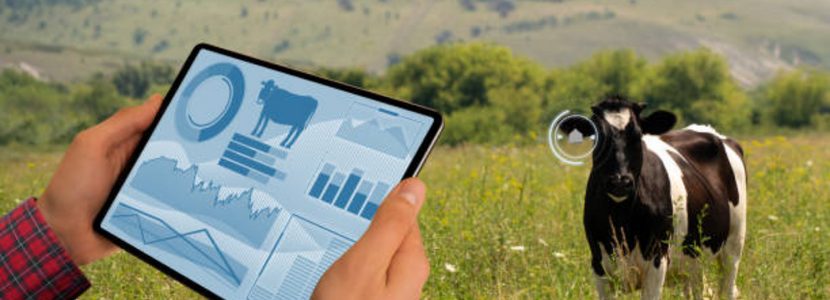
MODNUT: A review of what took place during this very interesting workshop
Edgar Oviedo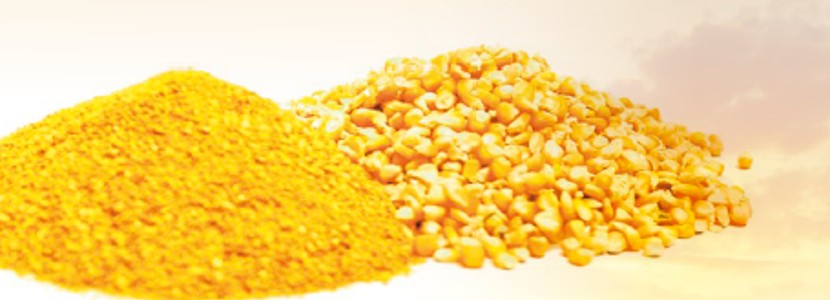
Use of DDGS as an ingredient in the formulation of pig feeds
Izabel Cristina Tavares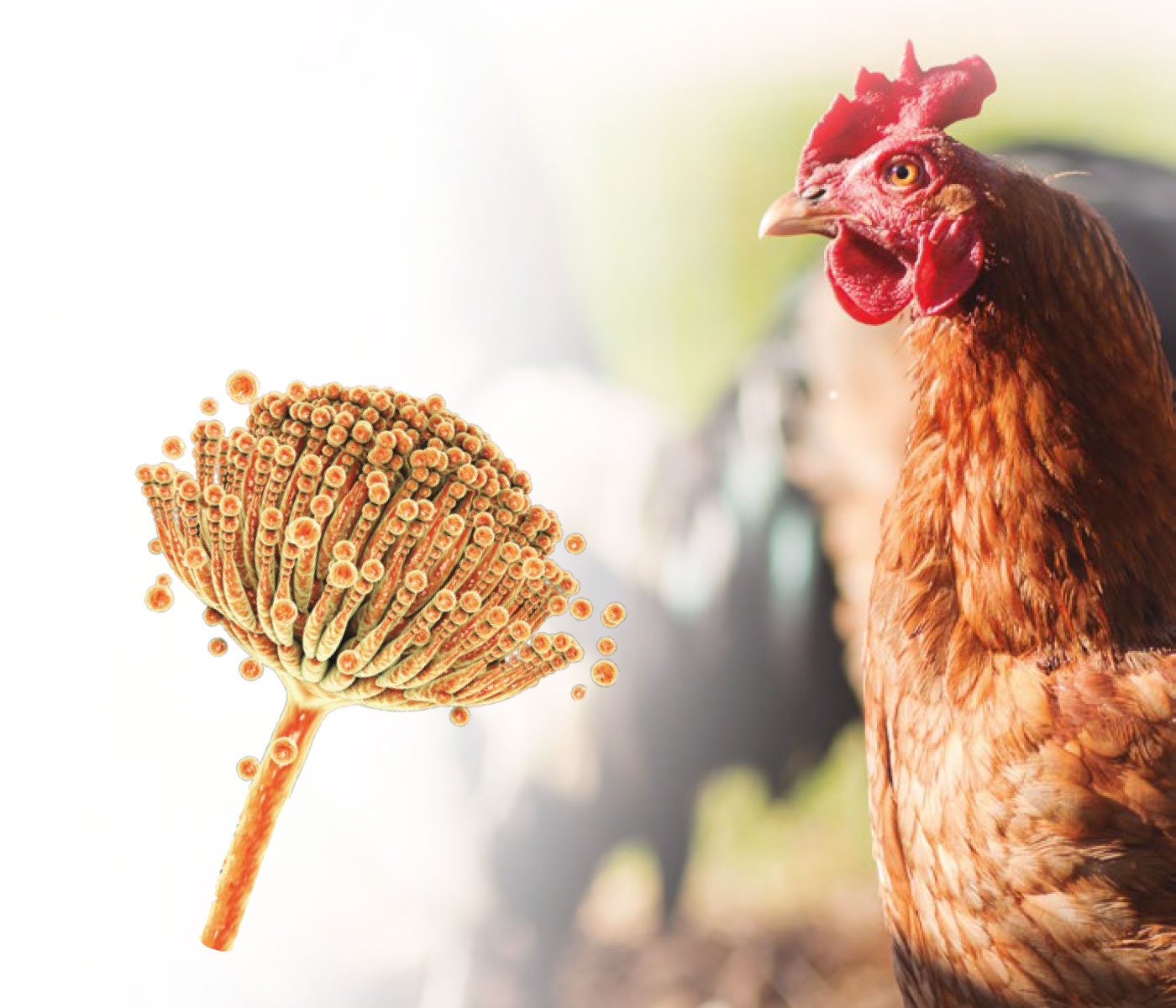
Agricultural residues as an alternative for mycotoxin decontamination
María de Jesús Nava-Ramírez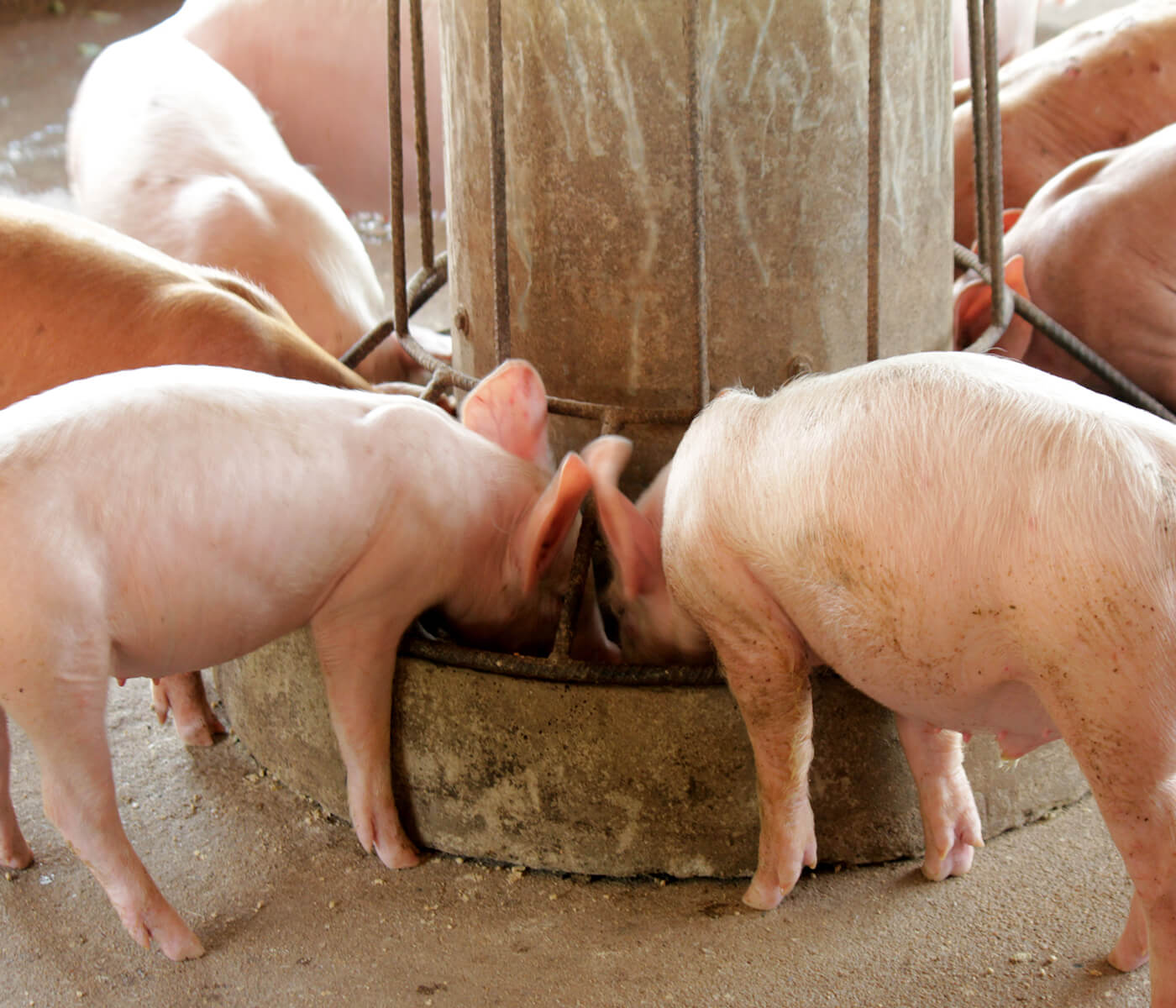
Effects of fiber and lignocellulose inclusion in piglet diets
Juan Gabriel Espino
A holistic approach on Poultry Intestinal Health: Interview Dr. Edgar Oviedo
Edgar Oviedo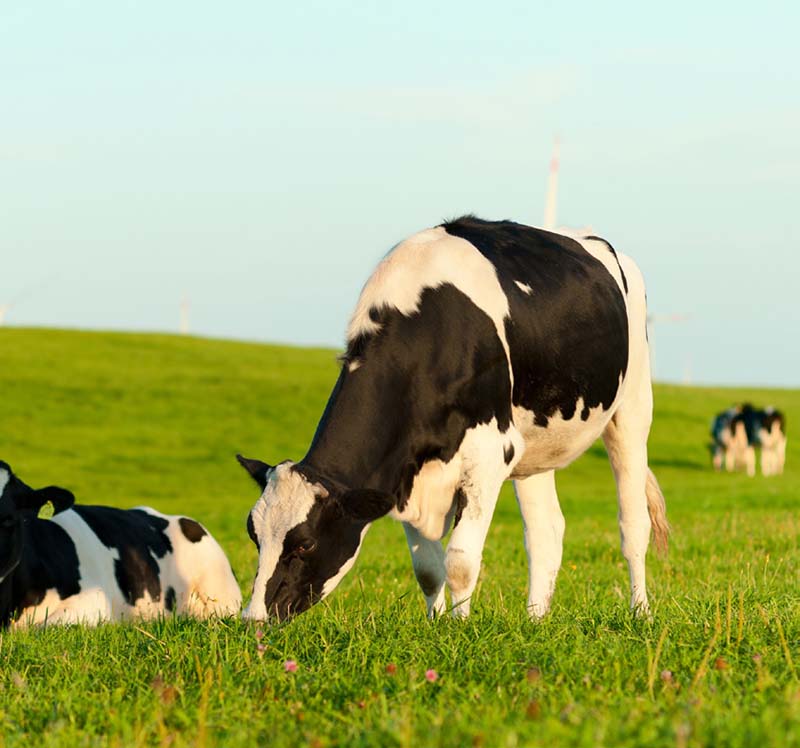
Methane and the biogenic carbon cycle
Fernando Bacha Baz
Pig production and the potential to reduce its environmental impact
Ilias Kyriazakis
How Cereal Milling Affects Efficiency and Health in Pigs
Chad PaulkLISTEN TO THE MAGAZINE on agriFM